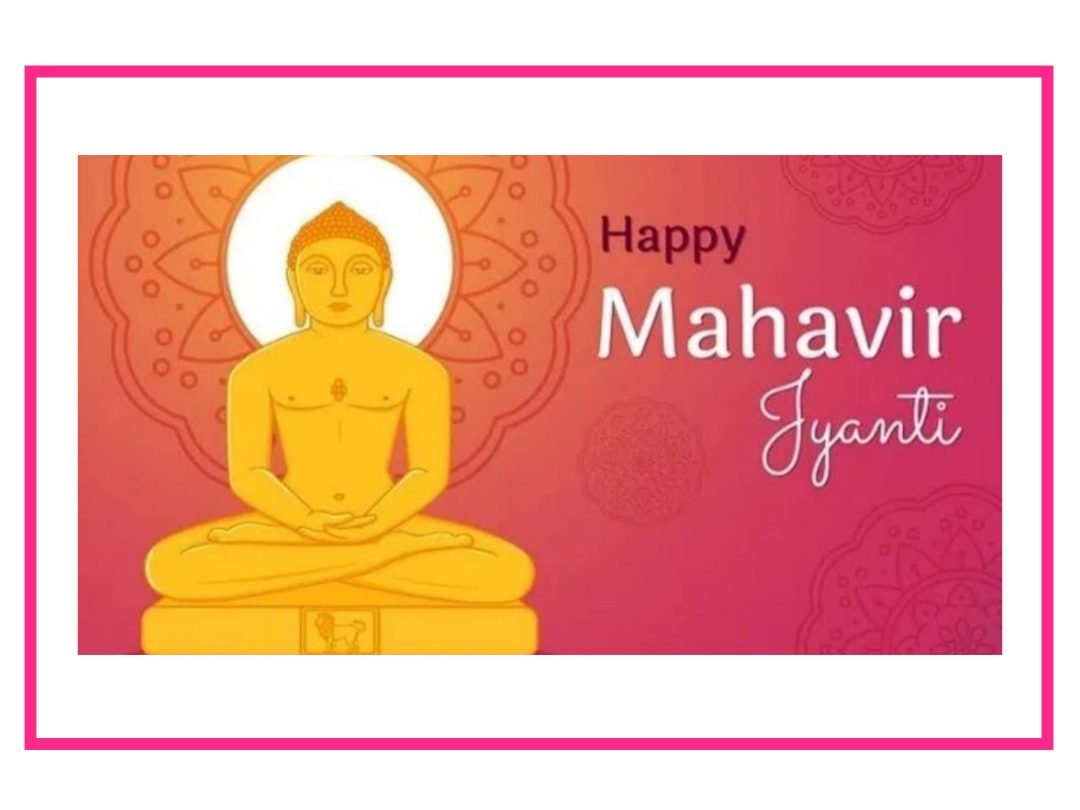New Delhi: Mahavir Jayanti is the most auspicious day for Jains. The day is celebrated across the world by the Jain community in memory of the last spiritual teacher of Jainism. It takes place in March or April, as per the Gregorian calendar. It also marks the 13th day of the Chaitra month of the Hindu calendar. This year, it will be held on April 14.
Lord Mahavir practiced and promoted non-violence and preached the love and respect for all living beings. He was the 24th and the last Tirthankara a saviour and a spiritual teacher in Jainism. On these values, he later found a new religion Jainism. Jains steer clear of all non-vegetarian dishes and follow the path of non-violence or ahimsa. Mahavir Jayanti is a reminder of these virtues.
Lord Mahavir is considered the founder of Jainism. He was born in 599 BC, at Kshatriyakund, Bihar, on the 13th day of the bright half of the moon, in the month of Chaitra. He was the 24th and the last Tirthankar (teaching god who preaches dharma).
He was born to King Siddartha and queen Trisala, Mahavir was named Vardhaman by his parents. He was born into a royal family, but royalty and the luxurious life did not please him. He was in constant search of inner peace and spirituality.
In his early years, Vardhaman developed a deep interest in the core beliefs of Jainism and started meditating. At the age of 30, he renounced the throne and his family to seek spiritual truth. He led a life of an ascetic and for more than twelve years he practiced rigorous penance and profound austerity before attaining ‘Kevala Jnana’ or omniscience.
PRINCIPLES OF LORD MAHAVIR:
- According to Mahavira, to live a righteous life one should follow the following principles:
- Nonviolence (Ahimsa) causing no harm to the living beings
- Truthfulness (Satya) to speak the truth
- Non-stealing (Asteya) not to possess things that do not belong to you
- Chastity (Brahmacharya) not to indulge in sensual pleasures
- Non-attachment (Aparigraha) not to get attached to material things.
- His teachings are the main pillars of Jainism, also known as ‘Jain Agamas’.







